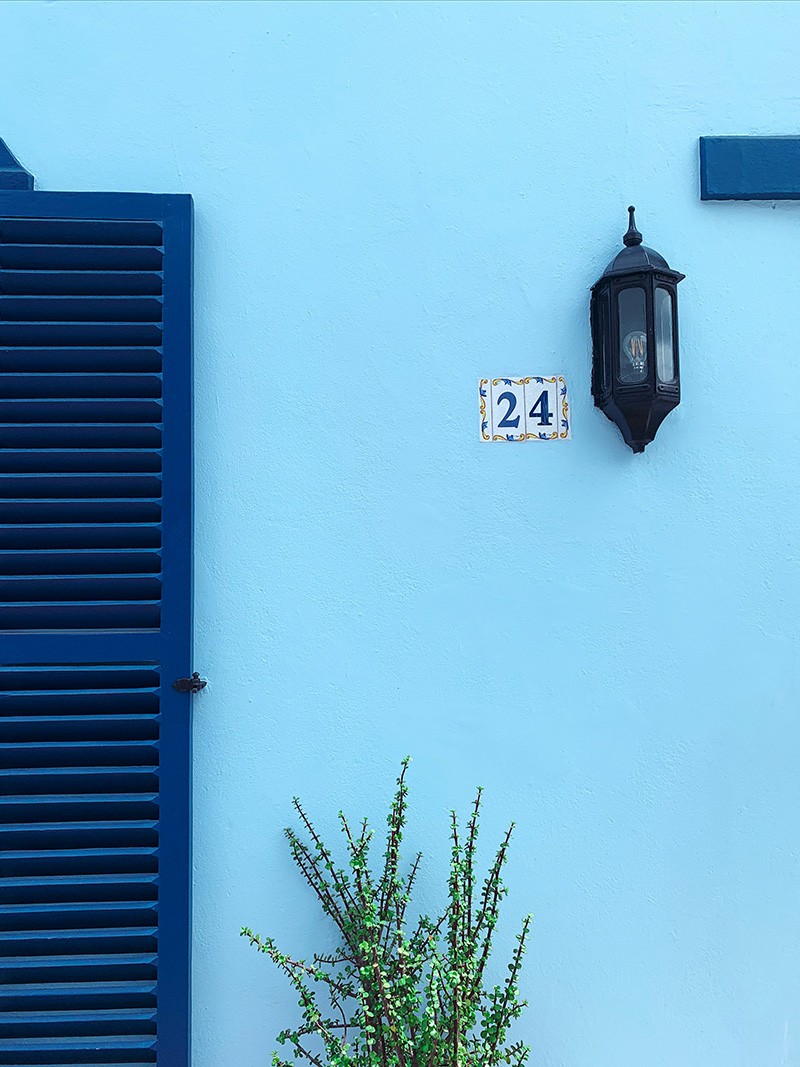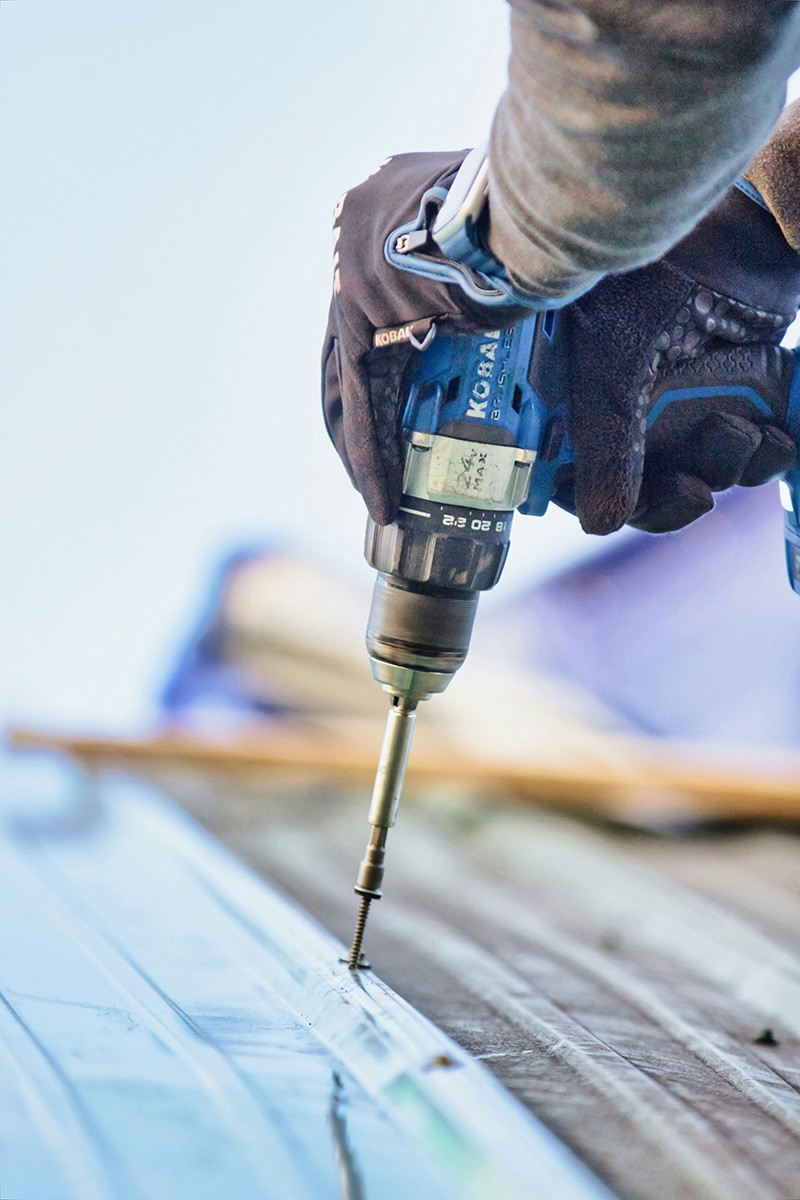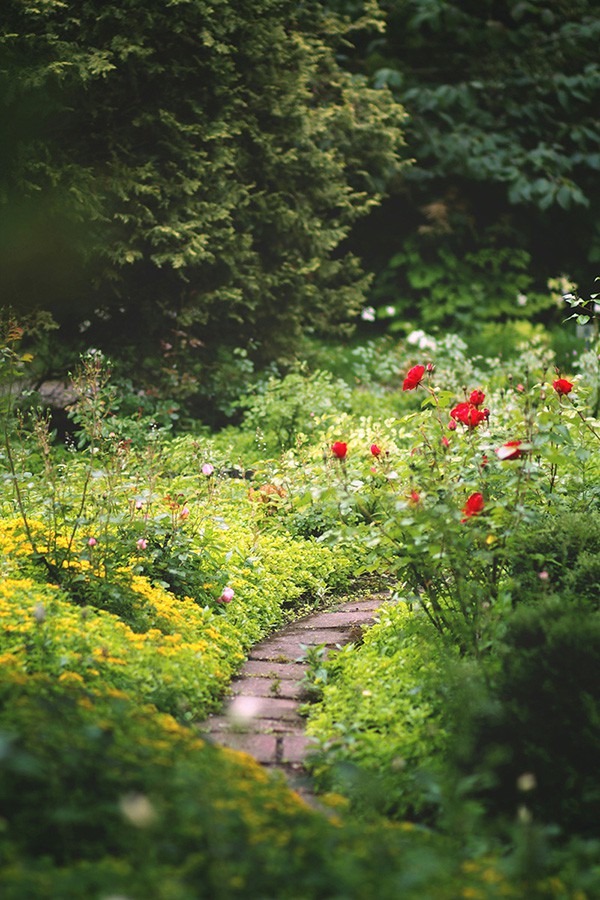Choosing the right fence
If your fence is beyond repair and you need to invest in installing a new one, Jimmy has some advice about different types of fencing:
“Before purchasing a new fence, you’ll need to work out how many panels you need, the size of the panels and the type of post.
But if your fence only needs a fresh lick of paint to look brand new, follow these seven easy steps:
For more detailed instructions on building and painting fences, check out our helpful guide: How to Build and Paint a Fence.




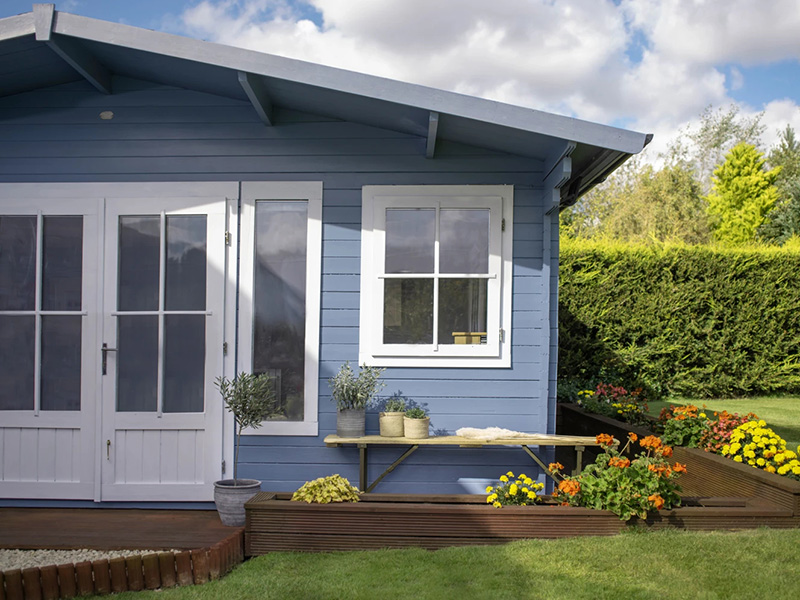
















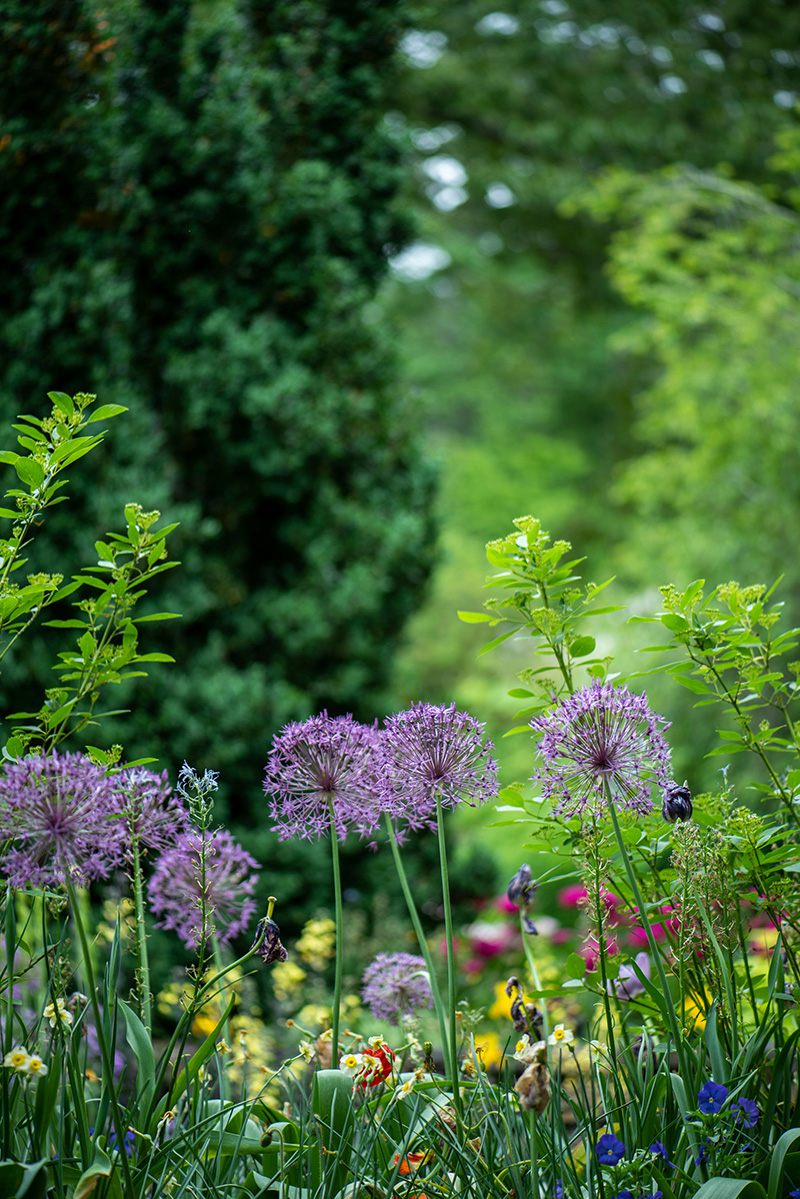











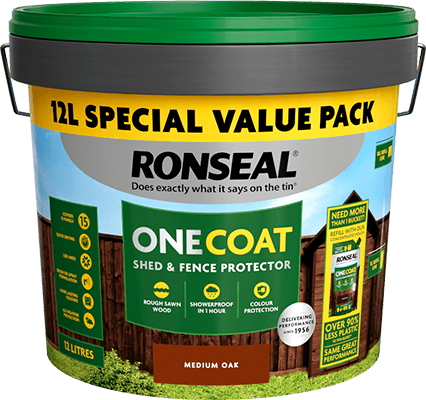
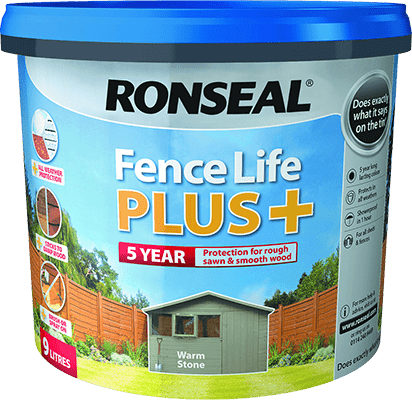

















 131,732
131,732









